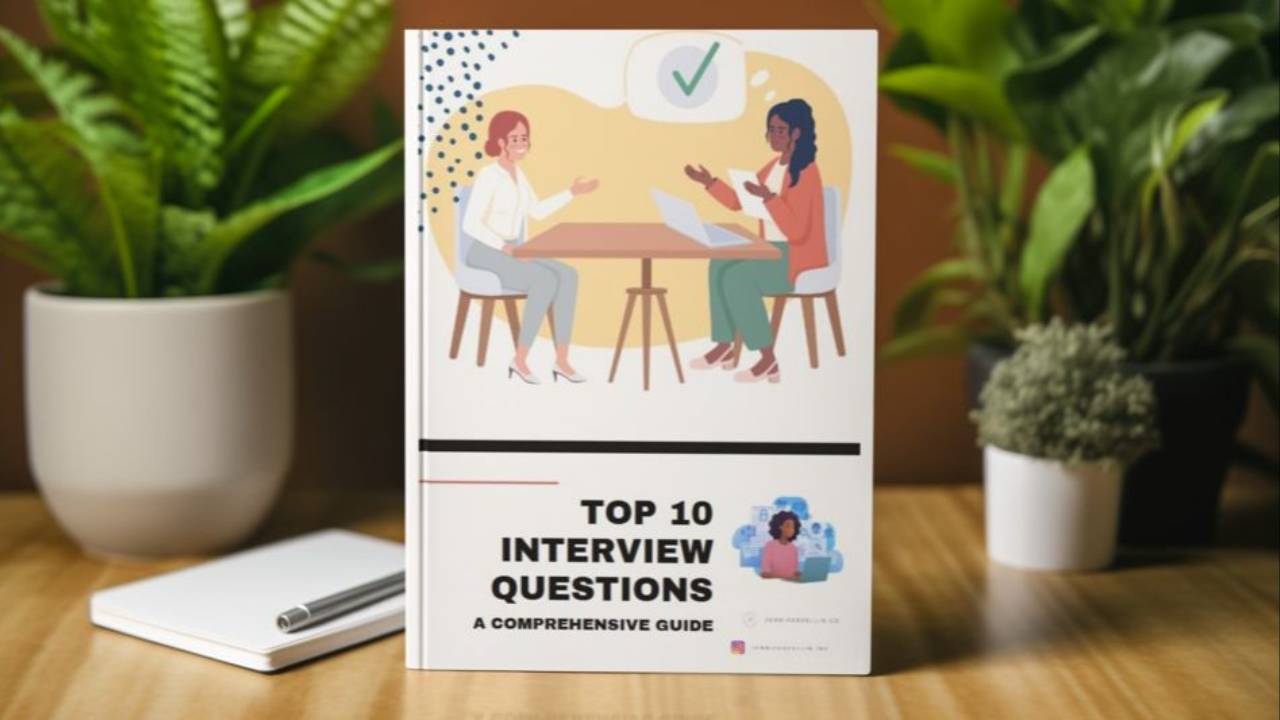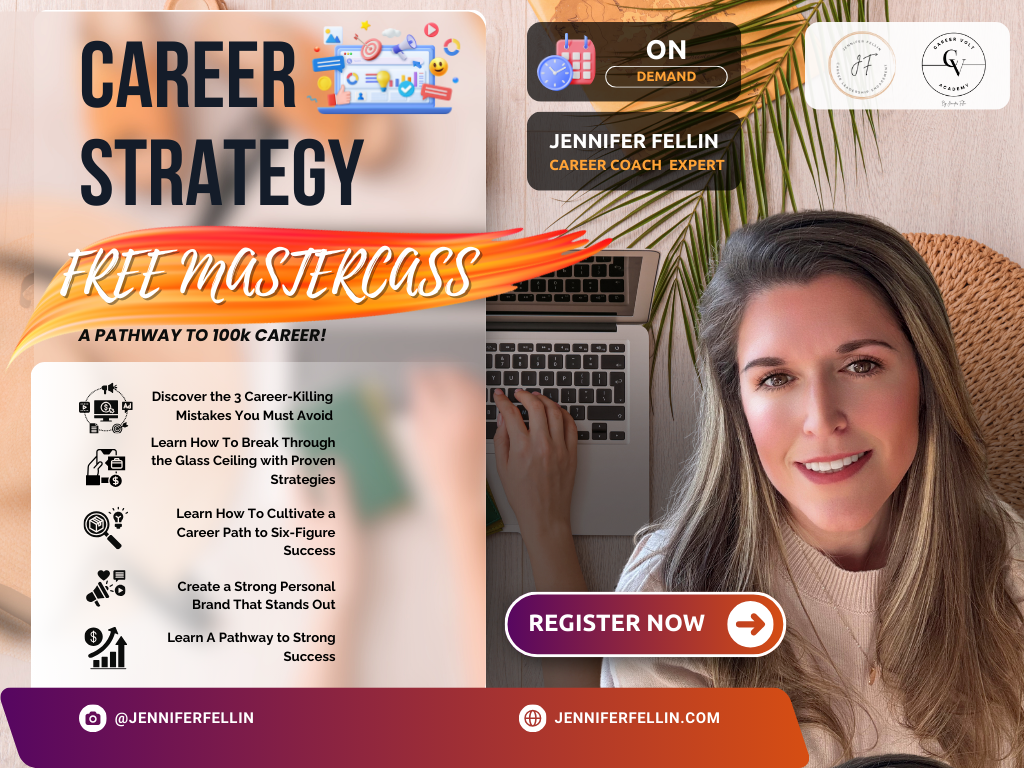STAR Method Interviews Tips 2025
Mar 07, 2023
Interviewing can be one of the most stressful times for job seekers. As you continue to grow inside your career you going to have to learn how to answer behavior interview questions, otherwise known as the STAR Method.
When you interview you want to make sure that you really focus on how you want to present yourself and really look at how you want to present your brand. You image is everything inside an interview, as it allows us to really understand who you are as a candidate and if you would fit inside an organization.
I wanted to share inside this article sometimes on how to prepare and answer STAR interview questions.
The STAR (Situation, Task, Action, Result) method is a common interview technique used by many employers to assess a candidate's ability to handle situations and tasks related to the job. When you are interviewing you want to make sure that who you are interviewing is the right fit for the job. Even when you are interviewing, you want to keep in mind that its very much like you are telling a story. YOU’RE THE main character and the interviewer is listening to the story.
I teach this inside my public speaking course the art of storytelling, but this a huge benefit for you if you can tell a story the right way. People love stories, we connect to them. An interviewer is looking for the best storyteller and be able to relate to the interviewee. Also, we use visualization, thus allowing the story to travel through the Situation, Task, Action, and Result.
Here are some tips that I help my clients out with when they are preparing for a STAR method interview:
1. Review the job description: Read the job description carefully and identify the key skills and qualifications required for the job. Think about how your experience and skills match the job requirements. Start to look at your resume and find some direct correlations that you can relate to.
2. Identify examples: Think of examples from your previous work experience that demonstrate your skills and experience in the required areas. Identify situations where you faced challenges and how you overcame them.
3. Practice telling your stories: Practice telling your stories in the STAR format, emphasizing the situation, task, action, and result. Make sure your stories are clear and concise and focus on the skills and experience that match the job requirements.
4. Be specific: Provide specific examples of how you handled difficult situations or projects and explain how your actions led to a positive outcome. Be prepared to answer follow-up questions about your examples.
5. Research the company: Do your research on the company and the role you are interviewing for. Understand the company culture and values and think about how your experience and skills align with the company's goals.
6. Ask questions: Prepare questions to ask the interviewer about the company and the role. This will show your interest in the company and demonstrate your research.
Here are some tips on how to answer STAR interview questions:
1. Understand the question: Make sure you understand the question and the specific situation or task the interviewer is asking about. Ask for clarification if necessary, or even take the time to repeat it back to the interviewer to make sure you have an understanding.
2. Provide context: Start by describing the situation or task you were faced with, including any relevant details that provide context. You want to frame things as if they were a story and create a relatable experience.
3. Describe your action: Explain the actions you took to address the situation or task, highlighting any specific skills or expertise you used. This is a good time to really look at your skills and home in on them to emphasize how you can help the current organization that you are interviewing for.
4. Discuss the result: Share the outcome of your actions, including any quantifiable results or positive impact you had on the situation or task. You want to make sure you focus on positive stories that really show the results that you are going to be able to bring to a new organization. You also want to show in a result how you can work with both a team and an individually.
5. Focus on your contribution: Make sure you focus on your specific contributions and actions, rather than the actions of your team or colleagues. You want to keep in mind that even if you were on a team or individually want to promote yourself to be able to work inside both categories. If you worked on a team, did the team see success?
6. Be concise: Keep your answers clear and concise and avoid going off on tangents or providing unnecessary information. Make sure that you practice these answers and try to remain focused and prepared.
7. Use specific examples: Provide specific examples of situations or tasks you have handled in the past that demonstrate your skills and experience in the required areas. Having examples really does help when someone is interviewing you. Make sure you have an alternative example if they ask for a second example. This has happened several times to me, and I always have a few back up stories inside select sections.
8. Stay positive: Even if the situation or task was challenging, focus on the positive outcomes and what you learned from the experience. When you can stay positive and calm inside a strong or a challenging interview it shows that you are able to handle stress and pressure well.
What are some examples of STAR interview questions?
Usually these start of like this:
Describe a time when…
Have you ever…
Tell me about a time…
What are some examples?
Tell me about a time when you delegated a project effectively
Give me an example of a time when something you tried to accomplish and failed.
Tell me about a time you were able to successfully deal with another person even when that individual may not have personally liked you
These are some different styles of questions that you might want to prepare for. You want to make sure you have answers that can convey that you’re the right candidate for the role. By using the STAR method to structure your answers, you can provide clear and concise examples of your skills and experience that demonstrate your suitability for the job.
If you need more practice inside the area of interviewing or public speaking, feel free to check out my course below Impactful Public Speaking. I teach the art of story telling and how to prepare for a public speech, interview, or YouTube Channel.











